What is Asthma
Asthma is chronic condition in which airways to the lung is restricted because they are inflamed and narrowed. Inflamed airways are sensitive and can react to anything in the environment such as anything being inhaled. As a result, your airways narrow even more and they produce mucus which makes it harder for air to flow to the lungs.
Asthma Symptoms and Causes
Some common symptoms of asthma include coughing, wheezing, shortness of breath, and chest tightness or pressure. You may not have all of these symptoms or you may have different symptoms at different times. These symptoms may vary from one asthma attack to another, ranging from mild to severe. Some people with asthma may go extended periods of time without having any symptoms and others may have them everyday. Your asthma may become apparent during vigorous exercise or colds.
It is important to take note the symptoms of an actual asthma attack. An asthma attack is the episode in which bands of muscle surrounding the airways are triggered to tighten. This tightening is called bronchospasm. There tends to be rapid breathing, difficulty talking, a sweaty face, and possibly blue lips or fingernails.
Asthma Treatment
Asthma medication can help you live an active and normal life. There are two basic drugs that are used in asthma treatment:
Steroids and Other Anti-Inflammatory Drugs prevent asthma attacks and work by reducing swelling and mucus production in the pathway leading to your lungs. They airways tend to be less sensitive this way and less likely to react to the environment.
Bronchodilators relieve the symptoms of asthma by relaxing the muscles that can tighten around the airways. This helps to open up the airways.
Short-acting bronchodilator inhalers are often referred to as rescue inhalers and are used to quickly relieve the cough, wheeze, chest tightness, and shortness of breath caused by asthma. They are also used prior to exercise. These should not be used daily in the routine treatment of asthma. If you need to use a short-acting bronchodilator as a rescue inhaler more than twice a week, then your asthma is not optimally controlled.
Long-acting bronchodilators are sometimes used in combination with inhaled steroids for control of asthma symptoms or when someone has ongoing asthma symptoms despite treatment with a daily inhaled steroid.
Asthma inhalers are the most common and effective way to deliver asthma drugs to the lungs. They are available in different types that require different techniques for use. Some inhalers deliver one medication and others contain two different medications.
If you’re having difficulty using small inhalers, your doctor may prescribe an asthma nebulizer. This machine requires a mouthpiece or mask and is typically used for anyone who has difficulty using inhalers with spacers. The nebulizer changes asthma medications from a liquid to a mist, so that they can be easily inhaled into the lungs. This takes a few more minutes than using inhalers.
Asthma is a very important concept to have information on regarding your own health and people close to you. It's a common health issue and almost anyone can have it. It is vital to take the time to know about it and to acquire the best treatment option if you have it. That’s where we can help! Schedule an appointment with our pulmonary specialists, who can walk you through the appropriate treatment plan to help you deal with your asthma and get back on your feet.

